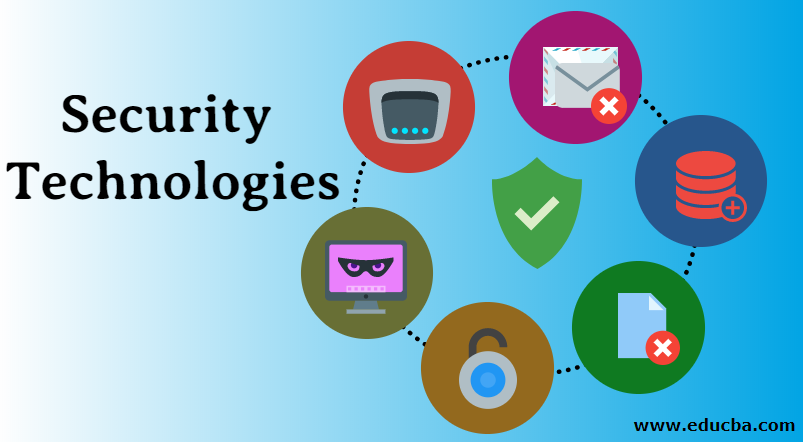Tesla's Robotaxi and Cybercab Trademark Attempts Face Uphill Battle
Tesla's ambition to dominate the autonomous vehicle market with its 'Robotaxi' and 'Cybercab' concepts has encountered significant hurdles in the trademark arena. The U.S. Patent and Trademark Office (USPTO) has raised concerns that could potentially stall Tesla's branding efforts.
Robotaxi Trademark Rejected for Being Too Generic
The USPTO has refused Tesla's application to trademark the term 'Robotaxi,' arguing that it is too generic. This decision, outlined in a recent filing, suggests that the USPTO believes the term is widely used to describe similar services offered by other companies. Tesla's initial application described the term's use in reference to '[l]and vehicles; electric vehicles, namely automobiles; automobiles; and structural parts therefor.'
The USPTO examiner stated that the term 'Robotaxi' is used to describe similar goods and services by other companies, indicating it's a generic term within the industry. Tesla has been given three months to respond to the nonfinal office action, providing evidence and arguments to support its claim. Failure to do so will result in the abandonment of the trademark application.
Tesla's Response and Required Evidence
To bolster its case, the USPTO has requested that Tesla provide detailed information, including:
- Fact sheets
- Instruction manuals
- Brochures
- Advertisements
- Pertinent screenshots of Tesla's website
These materials should demonstrate how Tesla uses the term 'Robotaxi' and why it deserves trademark protection. Additionally, Tesla must inform the USPTO if competitors use terms like 'ROBO,' 'ROBOT,' or 'ROBOTIC' to advertise similar goods or services.
Cybercab Trademark Faces Similar 'Cyber' Conflicts
In a parallel challenge, Tesla's applications for the trademark 'Cybercab' have been put on hold. This is due to the existence of other companies pursuing similar trademarks incorporating the 'Cyber' prefix. One notable example is a company specializing in aftermarket Cybertruck accessories, which has applied for numerous 'Cyber'-related trademarks.
Implications for Tesla's Autonomous Ride-Hailing Service
These trademark setbacks pose potential challenges for Tesla's planned autonomous ride-hailing service. The 'Robotaxi' concept is central to Tesla's vision of a future where autonomous vehicles provide on-demand transportation. The inability to secure a trademark could weaken Tesla's branding efforts and potentially allow competitors to use the term freely.
Details of the Robotaxi Service Application
Tesla's other 'Robotaxi' trademark application, which is still under examination, covers the use of the term in offering transportation services. This includes:
- Coordinating travel arrangements for individuals and groups
- Arranging time-based ridesharing services
- Offering vehicle sharing or rentals
The outcome of this application remains uncertain, pending further review by the USPTO.
Expert Opinions and Industry Analysis
Experts suggest that Tesla's challenges highlight the difficulties in trademarking generic or descriptive terms. The USPTO's stance reflects a broader effort to prevent companies from monopolizing common words or phrases that are essential for describing goods or services in a particular industry.
Industry analysts note that Tesla's brand recognition and market position could mitigate the impact of these trademark setbacks. However, the company may need to explore alternative branding strategies to differentiate its autonomous ride-hailing service from competitors.
Potential Alternative Names and Branding Strategies
Given the trademark challenges, Tesla might consider alternative names or branding strategies for its autonomous ride-hailing service. Some potential options include:
- Tesla Ride
- Tesla Auto
- Tesla Mobility
- An entirely new and unique name
These alternatives could help Tesla establish a distinct brand identity while avoiding potential trademark conflicts. Additionally, Tesla could focus on building brand recognition through innovative features, superior technology, and exceptional customer service.
The Broader Context of Tesla's Autonomous Vehicle Ambitions
Tesla's trademark challenges occur within the broader context of its ambitious plans for autonomous vehicles. The company has invested heavily in developing self-driving technology and aims to launch a fully autonomous ride-hailing service in the near future.
Regulatory and Technological Hurdles
Beyond trademark issues, Tesla faces significant regulatory and technological hurdles in bringing its autonomous ride-hailing service to market. These include:
- Obtaining regulatory approval for autonomous vehicle operation
- Ensuring the safety and reliability of self-driving technology
- Addressing public concerns about autonomous vehicle safety
Successfully navigating these challenges will be crucial for Tesla to realize its vision of a future dominated by autonomous transportation.
Conclusion: Navigating the Road Ahead
Tesla's trademark challenges for 'Robotaxi' and 'Cybercab' represent a setback in its branding efforts for autonomous vehicles. While the company has the opportunity to respond to the USPTO's concerns, it may also need to explore alternative branding strategies to differentiate its ride-hailing service. Overcoming regulatory and technological hurdles will be equally important for Tesla to achieve its ambitious goals in the autonomous vehicle market.
As Tesla navigates these challenges, the company's ability to innovate, adapt, and build strong brand recognition will be critical for success in the rapidly evolving world of autonomous transportation.















